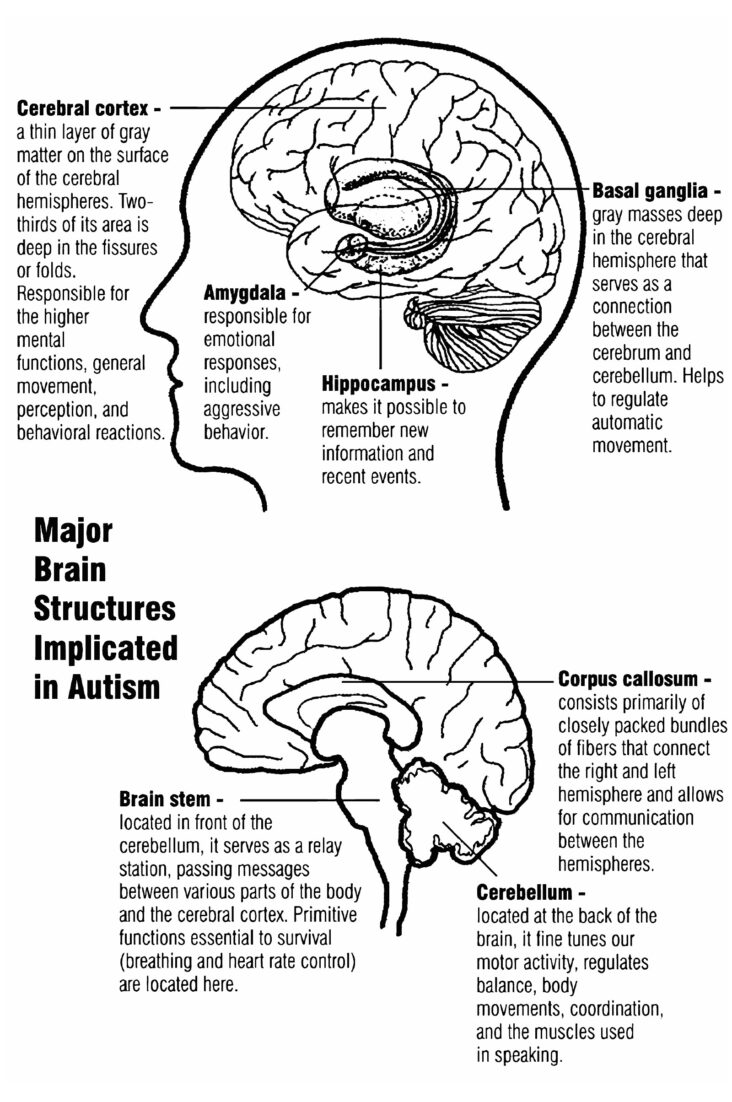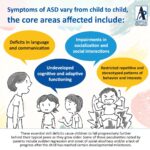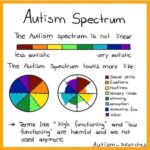Are you curious about the potential link between parenting style and autism? In this comprehensive article, we will delve into the various parenting styles and explore whether they could play a role in the development of autism spectrum disorder (ASD). With autism diagnoses on the rise, it’s essential to examine all possible contributing factors. So, join us as we uncover the latest research and expert opinions on this highly debated topic, and provide valuable insights for parents and caregivers seeking to better understand the complex world of autism. Don’t miss out on this must-read resource!
Understanding the Relationship between Parenting Style and Autism Spectrum Disorder: A Deeper Look

Diving deeper into the connection between parenting style and Autism Spectrum Disorder (ASD), it is crucial to understand that no compelling evidence supports this correlation. Numerous scientific studies have debunked the misconception that specific parenting approaches can cause autism. Autism is a complex neurodevelopmental disorder influenced by a combination of genetic and environmental factors. Therefore, placing blame on parenting styles can lead to unnecessary guilt and stress for parents. In reality, adopting an empathetic, supportive, and flexible parenting approach can significantly enhance the overall quality of life and development progress for children with ASD.
Debunking the Myths: Parenting Styles and their Impact on Autism Development
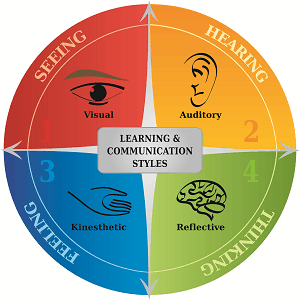
In this blog post, we aim to debunk the myths surrounding parenting styles and their impact on autism development. There is a common misconception that certain parenting behaviors, such as being overly controlling or unresponsive, can cause autism in children. However, extensive research has consistently shown that autism is a neurodevelopmental disorder with genetic and environmental factors at play, not a result of parenting styles. By understanding the true causes of autism and dismissing these unfounded beliefs, we can focus on supporting autistic individuals and their families through evidence-based interventions, promoting acceptance and inclusivity in society.
The Role of Genetics and Environmental Factors in Autism: Separating Fact from Fiction
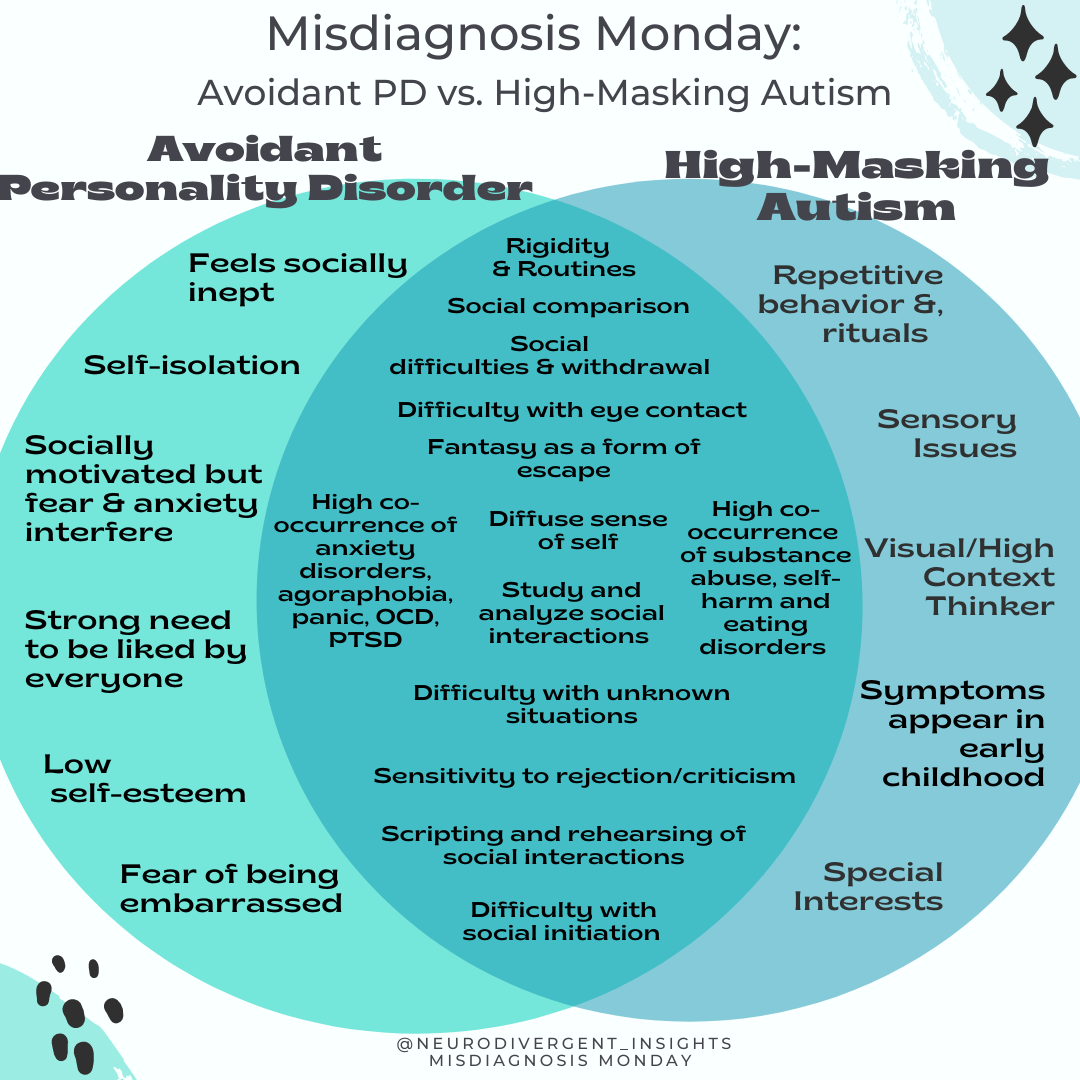
The Role of Genetics and Environmental Factors in Autism: Separating Fact from Fiction, is a crucial topic to explore when discussing the potential causes of autism. As the prevalence of autism spectrum disorder (ASD) continues to rise, understanding the role of genetics and environmental factors is essential for early detection and intervention. Research suggests that a combination of genetic predisposition and environmental triggers likely contributes to the development of ASD. However, misconceptions and misinformation often cloud the conversation, leading to misunderstandings about the origins of autism. By delving into scientific studies and analyzing the data, we can separate fact from fiction and gain a better understanding of the complex interplay between genetics and environmental factors in autism.
Exploring the Different Parenting Styles: How Each Affects Children with Autism Spectrum Disorder

In our quest to understand whether parenting style causes autism, let’s delve into the various parenting styles and their impact on children with Autism Spectrum Disorder (ASD). Parenting styles can be broadly classified into four categories: authoritative, authoritarian, permissive, and uninvolved. Each of these approaches has distinct effects on a child’s development, including social, emotional, and cognitive growth. For children with ASD, it’s crucial to consider how these parenting styles may either hinder or foster their unique needs and abilities. By closely examining the relationship between parenting style and autism, we can gain valuable insights that empower parents to make informed decisions and provide the best possible support for their children on the spectrum.
Nurturing a Child with Autism: How Parenting Techniques Can Positively Influence Development and Growth

Nurturing a child with autism presents unique challenges, but by implementing effective parenting techniques, you can positively influence their development and growth. Adopting an empathetic, patient, and consistent approach is crucial in fostering a supportive environment. Utilize evidence-based interventions, such as Applied Behavior Analysis (ABA) therapy, to help your child develop essential skills. Encourage social interaction and communication by engaging in activities that interest them, thereby promoting their overall well-being. Remember, early intervention is key to maximizing your child’s potential, so collaborate with professionals and stay informed about the latest research to provide the best possible support.

